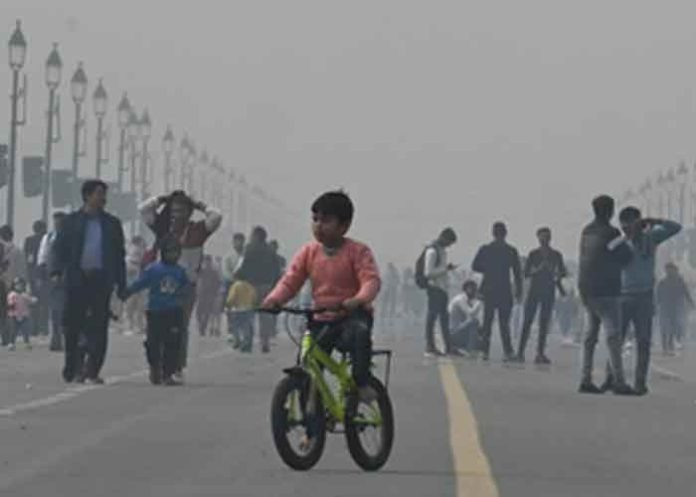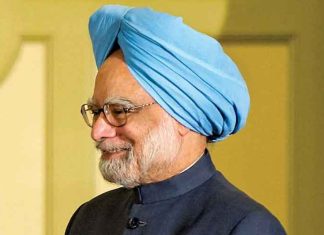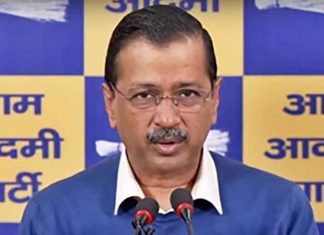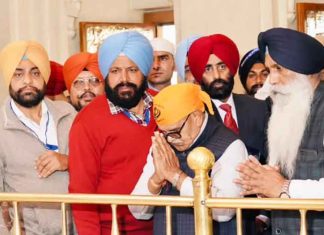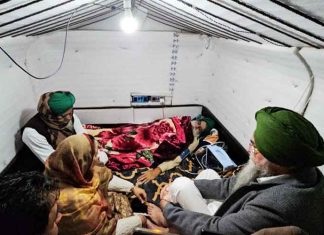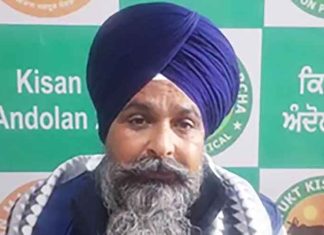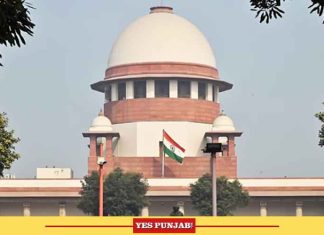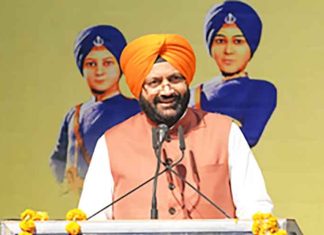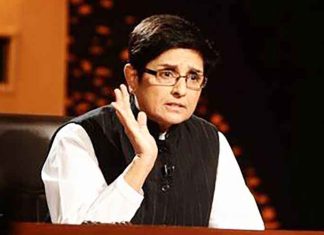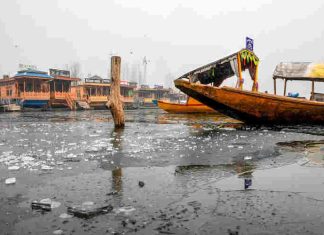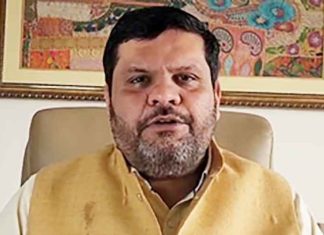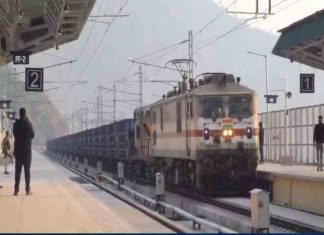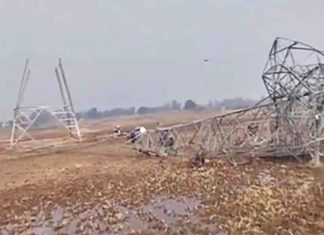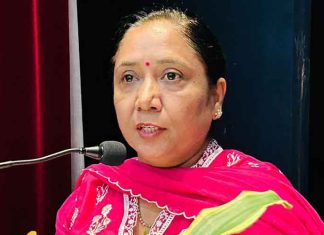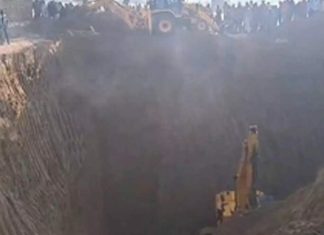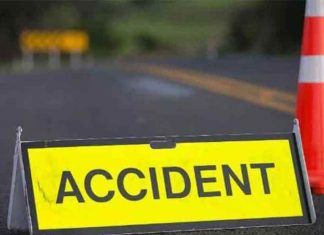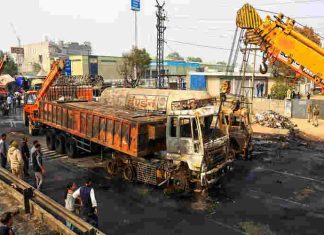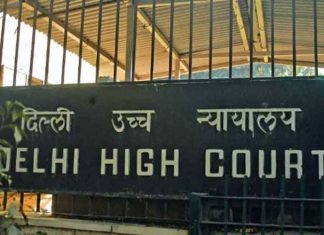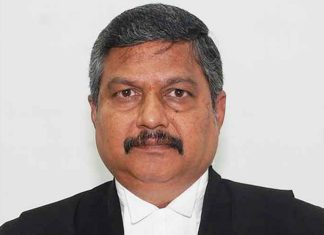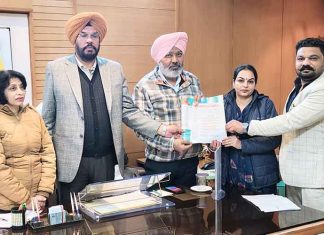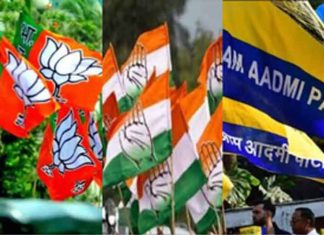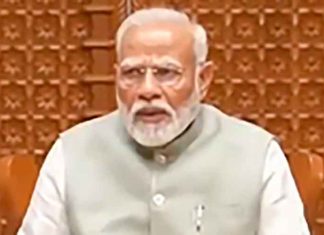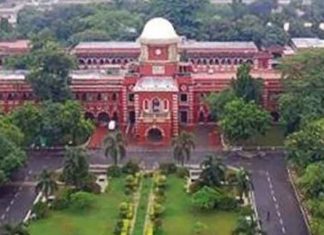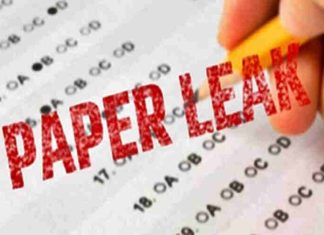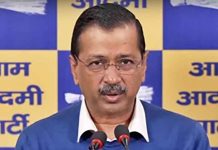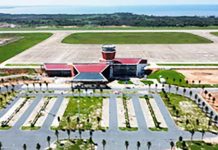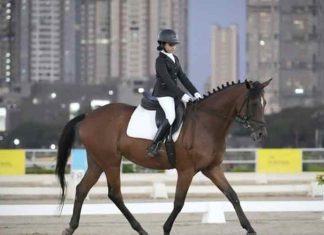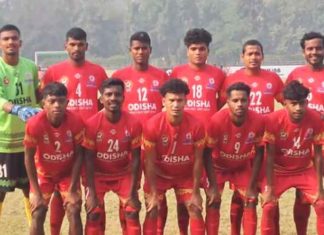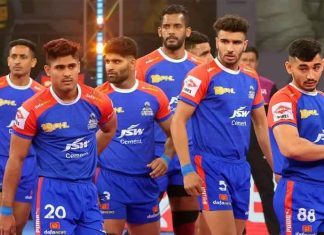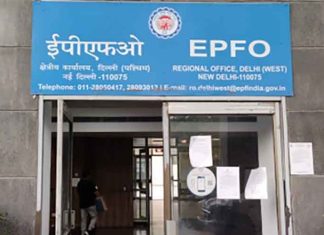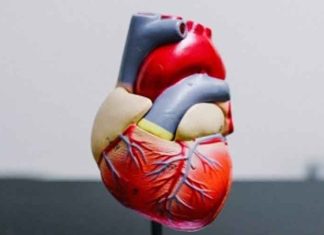New Delhi, Nov 17 2024-
A crucial review meeting was held in New Delhi on Saturday, aiming to ensure strict enforcement of Graded Response Action Plan (GRAP) measures to control air pollution in the National Capital Region (NCR).
During the meeting which was chaired by Sujit Kumar Bajpayee, Member CAQM, it was highlighted that the upcoming winter season is a crucial period and thus the actions to be taken under different stages of GRAP, are to be implemented in true letter and spirit.
The action taken reports received in the GRAP Monitoring Control Room on a daily basis from different implementing authorities responsible for the abatement of air pollution in NCR States, was deliberated through a detailed presentation, inter-alia highlighting the following issues:
The actions required to be taken under Stage III of GRAP, invoked since November 15 are in addition to the actions under Stage I and Stage II, which were invoked on October 15 and October 22 respectively. All implementing and enforcement agencies were advised to go through the revised GRAP guidelines, which are available on the website of the Commission.
Daily reports on the action taken by NCR States are being generated and shared with Nodal Officers for corrective measures through the WhatsApp group of GRAP Monitoring Control Room, created for a smooth flow of information. The data is also being presented in different meetings with NCR States and the same was also highlighted in high-level meetings held recently with the Delhi Government on November 8 and the Haryana Government on November 12.
Actions to be taken in Stage III of GRAP, in addition to Stage I and Stage-II, were also presented and explained in detail including banned and permitted Construction and Demolition (C&D) activities during Stage III of GRAP. With the invocation of Stage-III of GRAP, data on additional parameters under different sectors viz. Vehicular, C&D, Stone crusher and Mining needs to be submitted on a daily basis as per shared format.
Based on the detailed presentation, inter-alia, the following issues were highlighted:
The non-compliance of dust control measures by C&D sites resulting in possible adverse impact on air quality in NCR must be dealt with strongly and all actions for levying Environmental Compensation (EC) and closure should be taken against such units till full compliance is achieved. Further, inspection for C&D sites must be intensified and actions for non-compliance are also required to be taken with a uniform approach.
It was also highlighted that with the invocation of Stage III of GRAP, it is imperative that the numbers of Mechanical Road Sweeping Machines (MRSMs) are augmented without further delay.
The effort for challenging the vehicle for non-possession of PUC and impounding End-of-Life (EoL) vehicles is also to be intensified further by traffic police and transport departments of NCR states considering their huge potential to deteriorate air quality further.
It was also highlighted that the rate of resolution of complaints on different apps/X is not satisfactory. Further, concerned States must resolve the grievances within a week’s time and tag CAQM while closing the complaints.
After detailed discussions, inter-alia, the following action points were directed by Member CAQM to concerned implementing authorities responsible for the abatement of air pollution in NCR:
All actions prescribed under GRAP need to be enforced strictly in true letter and spirit.
Special attention must be given to all identified hotspots in NCR states. GNCTD had already presented their action plan for identified hotspots in the high-level meeting held in Commission on 08.11.2024. The same must be taken up on priority, except those actions which are prohibited under GRAP.
The pending complaints from citizens on different Apps and Social Media till date must be resolved within a week. Further, CAQM must be tagged on social media while forwarding and resolving the complaints so that they are properly tracked and monitored.
Nodal officers for all agencies should coordinate actions in their respective agencies and concerned State Pollution Control Board (SPCB)/DPCC to also monitor the actions by different agencies besides action required by themselves.
Daily reporting of actions under GRAP Stage-III must be provided in a shared format to the Commission on a daily basis without fail.
In case of any clarification required, specific reference may be made to the Commission.
Officials of concerned agencies shall be held accountable for any laxity in the enforcement of the above directions and the same may attract action under provisions of the CAQM act. (Agency)




